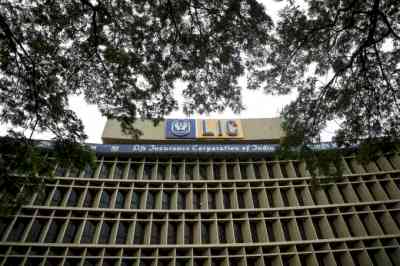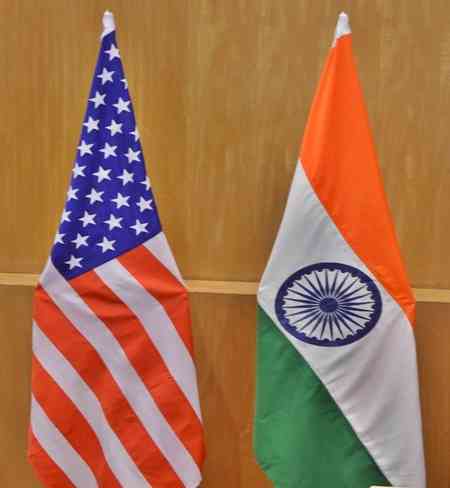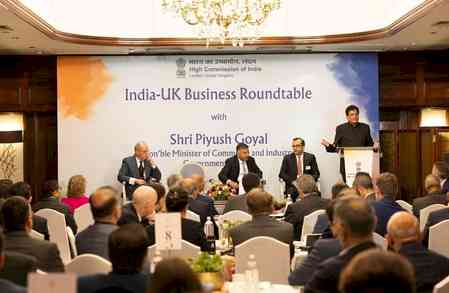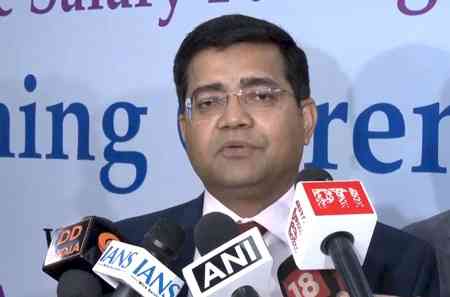Cross selling, operational synergies exist with merger of 4 PSU general insurers with LIC
With the Central government proposing to allow composite insurers, there will be increased cross selling opportunities, operational expense synergies and diversification if Life Insurance Corporation of India (LIC) and the four public sector general insurers are merged, said Jefferies in a report.

Chennai, Dec 13 (IANS) With the Central government proposing to allow composite insurers, there will be increased cross selling opportunities, operational expense synergies and diversification if Life Insurance Corporation of India (LIC) and the four public sector general insurers are merged, said Jefferies in a report.
Industry experts had earlier told IANS that the five companies can be merged into one under the composite insurance regime.
According to Jefferies, the global experience in favour of the composite insurer are: better cross-sells, operational expense synergies and diversification.
"Still, synergies have undershot expectation pushing some back to monoline. Capital release and tax neutrality can help," Jefferies said.
A merger of the four public sector general insurance companies with LIC can result in better penetration of general insurance products in the country given the life insurance giant's reach, industry experts said.
Jefferies said LIC has improved on growth and profitability while the public sector general insurers have higher combined ratio and lower solvency margin.
Comparing LIC and the government owned general insurers Jefferies said: "LIC is India's largest life insurer with 36% share (RWRP-ret ail weighted received premium) and is seeing some pick-up in premium growth and margin expansion."
The four public sector general insurers have 39 per cent share in sector premium, but have been losing market share, having combined ratio -- 121-144 per cent and lower solvency margin of 130-160 per cent with forbearance and 15-166 per cent without forbearance as against a threshold of 150 per cent, Jefferies said.
"In case of a potential merger, smooth integration and extraction of operating efficiencies will be key."
It should be noted LIC and The New India Assurance Company Ltd, one of the four general insurers are listed entities.
"In the context of proposed composite licenses, we feel that M&A among life and P&C (property and casualty) platforms can offer synergies on distribution (cross-sell of products) and cost efficiencies. Companies will also need (1) clarity from tax authorities as life insurance pays 15 per cent tax vs. 25 per cent for P&C and (2) consensus among foreign promoters," Jefferies said.
Large private insurers may be better placed to derive synergies from M&A into composite platforms than PSU insurers, the report added.
Will allowing composite insurers result in groups having life and general insurance companies merging them into one?
"No. Globally the composite model is not proven in any large country. Allianz, Axa, Generali and others are listed entities being the holding company but underlying operating companies are separate life and non-life," Avinash Singh, Senior Research Analyst, Emkay Global Financial Services told IANS.
While composite insurance license may be new to India, most other markets have experimented with this. Composite insurers benefit from better cross-sells, cost efficiencies and lower volatility. However, benefits from cross-sells and cost-efficiencies were lower than expectations in many cases, the report notes.
"In fact, in some markets insurers are going back to monoline models. Investors' preferences between consolidated or monoline models depend on whether there is tangible ROE (return on equity) expansion or not, otherwise conglomerate discount can creep in. On capital, Solvency II regime does offer some credit for diversification," Jefferies said.
The employee unions in the four government-owned general insurance companies -- The Oriental Insurance Company Limited, National Insurance Company Limited, The New India Assurance and United India Insurance Company Limited -- have been demanding the merger of the companies into one strong entity.
The Central government also owns other insurance companies -- General Insurance Corporation of India (GIC Re), ECGC Ltd and Agriculture Insurance Company of India Ltd.
According to the industry official, GIC Re is the national reinsurer, ECGC and Agriculture Insurance are specialised business units.
"Perhaps the Agriculture Insurance can be merged with LIC at a later date," the official added.
The employees in the four government non-life companies are also positively inclined towards such an idea.
"We welcome any move that would strengthen the public sector insurance companies," Trilok Singh, General Secretary, General Insurance Employees' All India Association (GIEAIA) told IANS.
He said the GIEAIA is studying the legal amendments proposed by the government.
Few years ago, the government had announced that it would merge The Oriental Insurance, National Insurance and United India into one company.
However, it did not proceed further on that idea.


 IANS
IANS 










